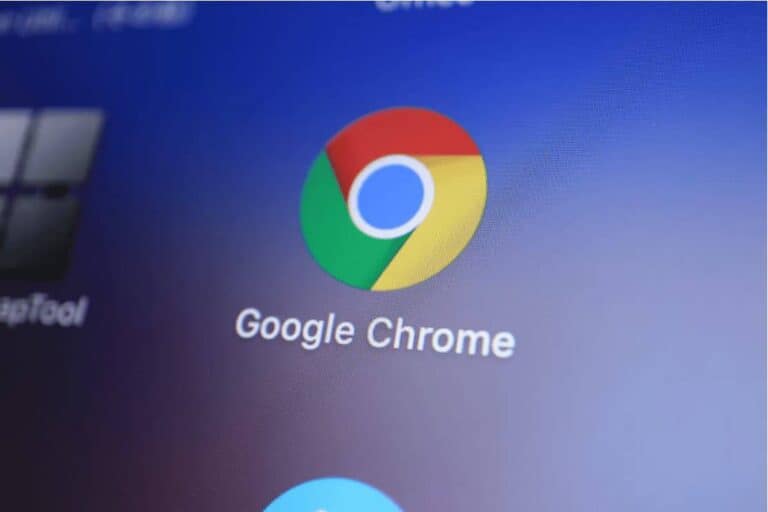Update 22/11/2024 – The US government’s proposal to split Google and Chrome would harm its global technology leadership.
So, Google stated in its latest update on the matter. ‘ DOJ’s wildly overbroad proposal goes miles beyond the Court’s decision. It would break a range of Google products — even beyond Search — that people love and find helpful in their everyday lives,’ states President of Global Affairs, Google & Alphabet Kent Walker.
Walker speaks of unprecedented government interference that would disadvantage consumers, developers, and small businesses. Moreover, he warns that such a move would jeopardise America’s global economic and technological leadership at a time when he believes it is needed more than ever.
In addition, Google warns that the proposal could lead to two choice screens before users can access Search on a Pixel phone. These choice screens would also need approval from a technical committee.
Update 20/11/2024 by Martijn van Best – Google snaps back through a comment by Lee-Anne Mulholland, the company’s VP in charge of regulatory affairs. She calls the US Department of Justice’s proposal to separate Google and Chrome ‘radical’ and argues that it could harm the US lead in technology.
Mulholland delicately points out that a forced separation could also well lead to price increases of devices that now come standard with Chrome. In a statement, she goes on to say ‘there are enormous risks to the government putting its thumb on the scale of this vital industry.’ Indeed, according to her, such government interference is disruptive to investment and takes the wind out of the sails of new business models.
There are also privacy risks in sharing data on searches, clicks and search results with competitors that would take over Chrome (this data is apparently part of Chrome’s real estate). Mulholland states that the Justice Department is already well aware of this. She further argues that no one can maintain Chrome like Google does and that the quality of the product would deteriorate without the company’s guiding hand.
Original message 19/11/2024 – U.S. antitrust officials are pushing to mandate a split between Google and browser Chrome. They are trying to enforce the split through Judge Amit Mehta, who previously ruled that Google holds an illegal monopoly with its search engine.
The Department of Justice (DOJ) will officially make the proposals on Wednesday. This makes it possible that the content in the final proposals slightly differs as these are preliminary proposals. The perliminary proposals were leaked to Bloomberg through individuals involved in the DOJ’s actions.
Measures in multiple areas
In addition to a breakup, the DOJ wants to see measures taken against various parts and practices of Google. According to officials, Android’s operating system, AI developments, and data collection should face stricter conditions.
The various components cited by the DOJ are all connected to Chrome somehow. For example, Google’s search engine can generate revenue because Google uses it to collect data about its users. The company then sells the data to parties interested in targeted advertising.
‘Beyond legal issues’
Lee-Anne Mulholland, Google’s vice president of regulatory affairs, responded earlier about the cases Google will have to face. She said the DOJ would impose measures “far beyond the legal issues.” She also warned of the split’s negative impact on users: “If the government puts its thumb on the scale in this way, it would be detrimental to consumers, developers, and American technology leadership just when it is needed most.”
Who buys a part?
It is very difficult to estimate the ultimate outcome of this antitrust case. To get an initial idea of that, it is important to be informed of the requests from each party. After all, both the DOJ and the states are making motions, which sometimes differ in content. For example, the DOJ would advocate splitting Android off from other Google products while other parties express a more moderate opinion.
Moreover, the split would raise a new, complicated issue. After all, which party would acquire products or services from Google and be able to do so legally? In many cases, the sale would involve another antitrust investigation. In any case, U.S. antitrust officials seem to be giving themselves enough future work with this Google case.
Read more: U.S. DOJ is gunning for Google: what would a breakup mean?
